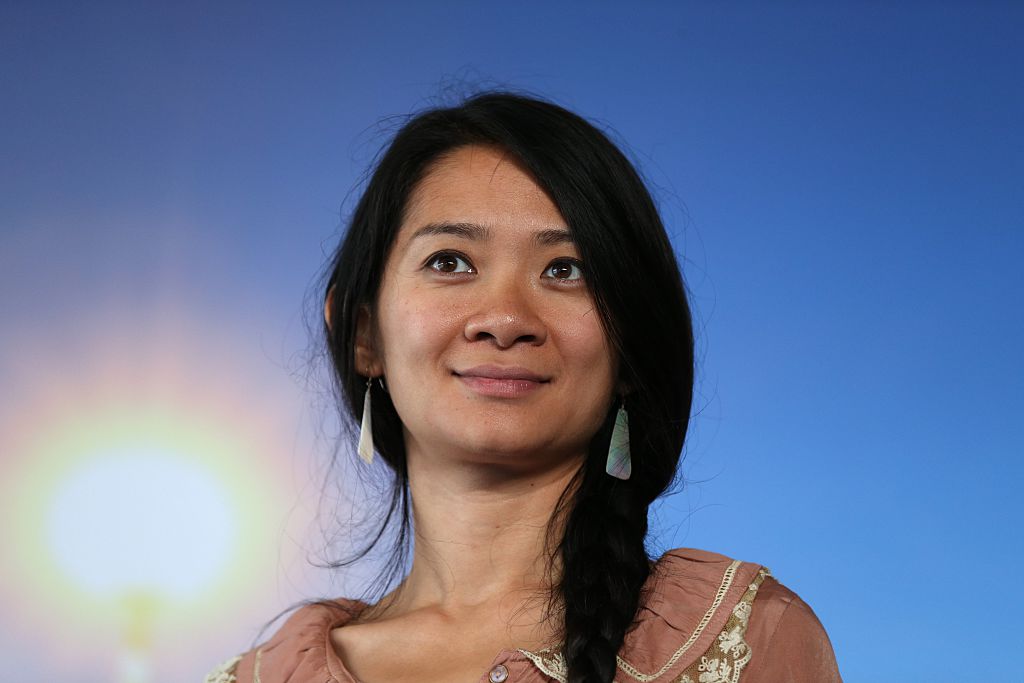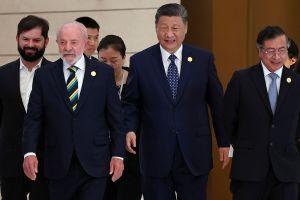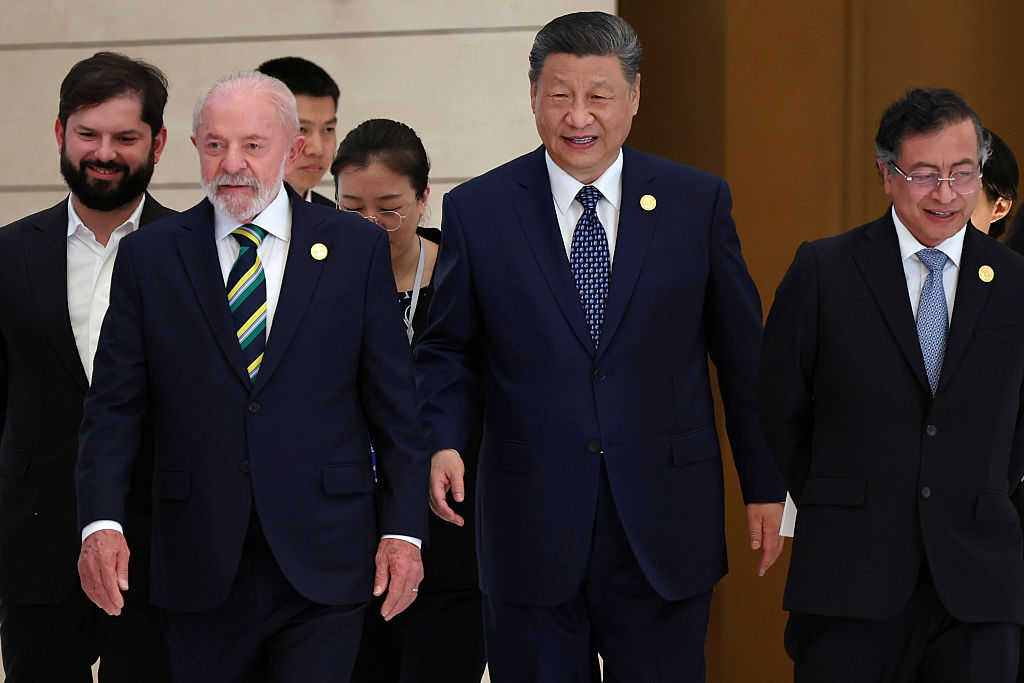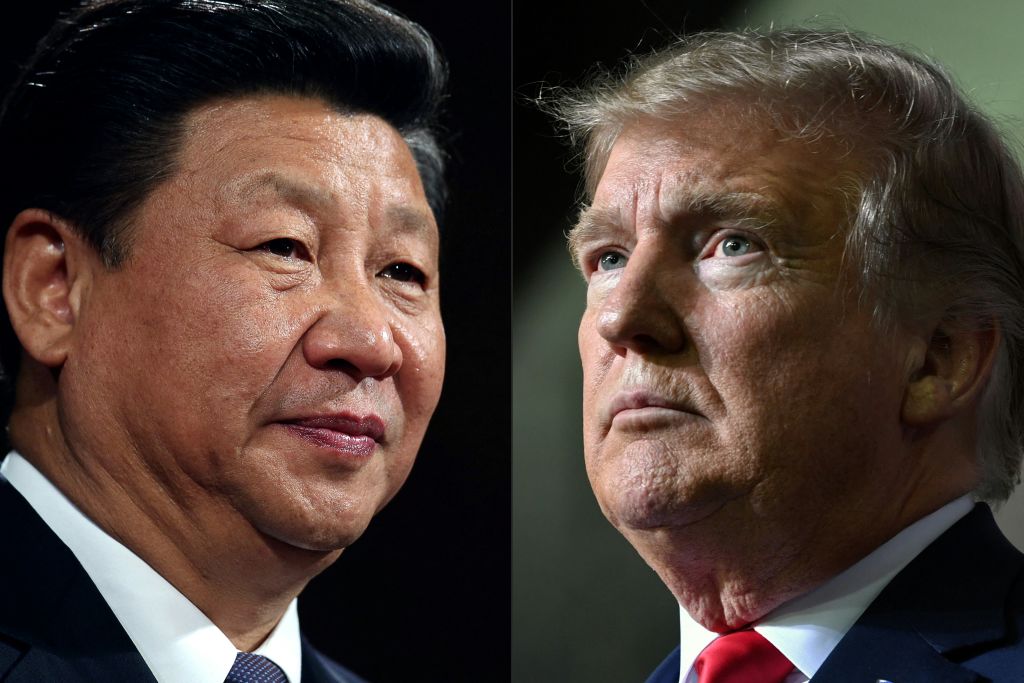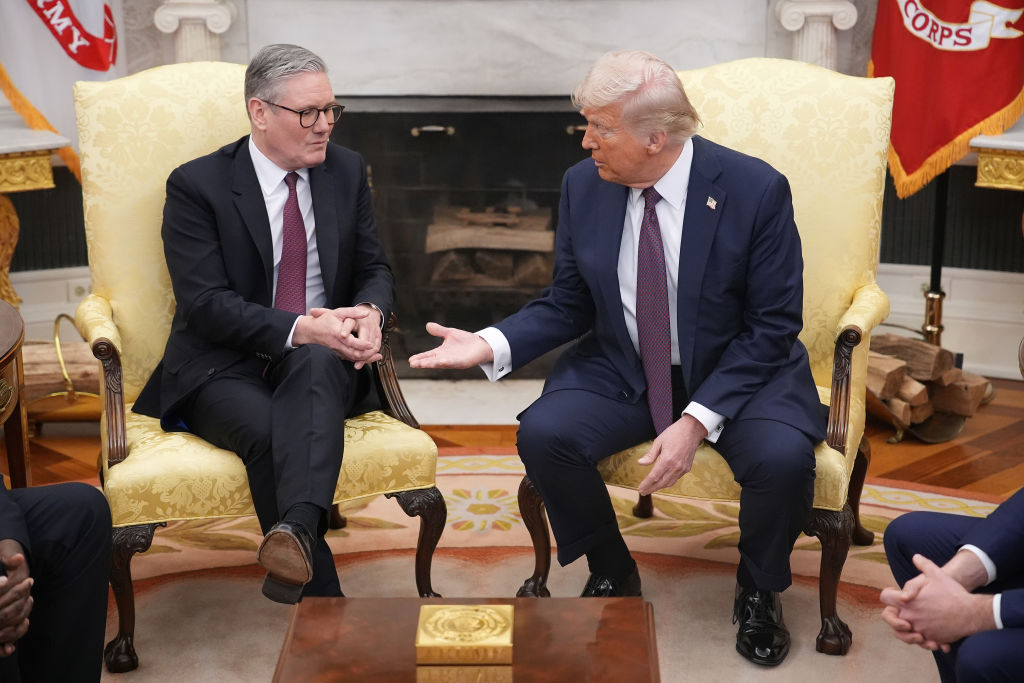Fortunes shift quickly in Chinese cyberspace. On March 1, Chloé Zhao, the Beijing-born film director, was the ‘pride of China’, according to the Chinese Communist party’s Global Times. Zhao had just won the best director Golden Globe for her film Nomadland, becoming the first Asian woman in history to win the award, and only the second woman full stop. As news of her victory emerged, Chinese social media was awash with congratulatory messages for the 38-year old director.
But the tide soon turned after diligent Chinese netizens dug up comments made by Zhao in a 2013 interview, in which she said that China is a place ‘where there are lies everywhere’; the unearthed remarks triggered accusations of Zhao ‘humiliating China’, with some calling for Nomadland — due for release in China on April 23 — to be banned. The Guardian also reported that promotional material for Nomadland, as well as mentions of it on Weibo, Chinese equivalent to Twitter, had been restricted by Chinese censors, and a hashtag about the film with 87 million views had been removed ‘according to relevant laws, regulations and political policies’.
Excavating online pasts we’d rather forget is a concern of internet users the world over, but is particularly acute in China, where the boundary between expressing opinion and undermining the state is increasingly blurred, and where swathes of online users are ready to repudiate comments deemed disparaging of China.
Chloé Zhao is not the first victim of Chinese netizens’ tenacity. Last year, a Thai actor popular in China was targeted after he posted a tweet in which Hong Kong was listed as a country. Online sleuths delved deeper, finding an Instagram post by the actor’s girlfriend from three years earlier in which she had implied that Taiwan was a country. The Thai monarch and prime minister were caught in the crossfire that ensued.
But the Thai example showed the digging can sometimes backfire. Thai internet users fought back against the insults; and eventually, it spawned the Milk Tea Alliance, an anti-authoritarian online movement spanning Thailand, Taiwan and Hong Kong, named after the participants shared love of the drink. The movement has even spread to Myanmar, after protesters in the country were seen carrying #MilkTeaAlliance flags.
There is a more troubling undercurrent to this trend of online excavation, most keenly felt in Hong Kong. Although official documents stated the city’s controversial National Security Law, passed in June last year, could not be retroactively applied to past actions, subsequent arrests and disqualifications have stoked fears that the law might not just be extraterritorial, but transhistorical too.
Still, debate on Chloé Zhao’s film and her comments has continued to proliferate online. It seems that, on certain topics, nuance and disagreement on Chinese social media is not only permitted, but encouraged.
Hu Xijin, editor of the Global Times, known for his fiery, nationalistic Twitter presence, said in a Weibo post that the film should not be banned in China, elaborating: ‘China should give the public more opportunities to settle controversies like this through the marketplace of opinion. Sometimes, officials might try being a bit more detached. They don’t have to intervene.’
Some come down harder. ‘It should be banned. We can’t let these people take Chinese money at the same time they lead Chinese people astray,’ one user commented. Others have humorously pointed out the irony of banning, in the interests of Chinese nationalism, a film which exposes the ills of American capitalism: ‘How has Zhao become a traitor to China? After watching this film, I’m even more determined to never go to America, even after I’m dead!’
Zhao’s experience raises once more the question of who the ultimate arbiters of the Chinese cybersphere are, and what comments constitute crossing a red line. By design, there is no clear answer to this — a situation which leads most to tread with caution. For Zhao, it looks likely that no widespread promotion of Nomadland will be the only damage done. Others might not be so lucky.
This article was originally published on The Spectator’s UK website.



